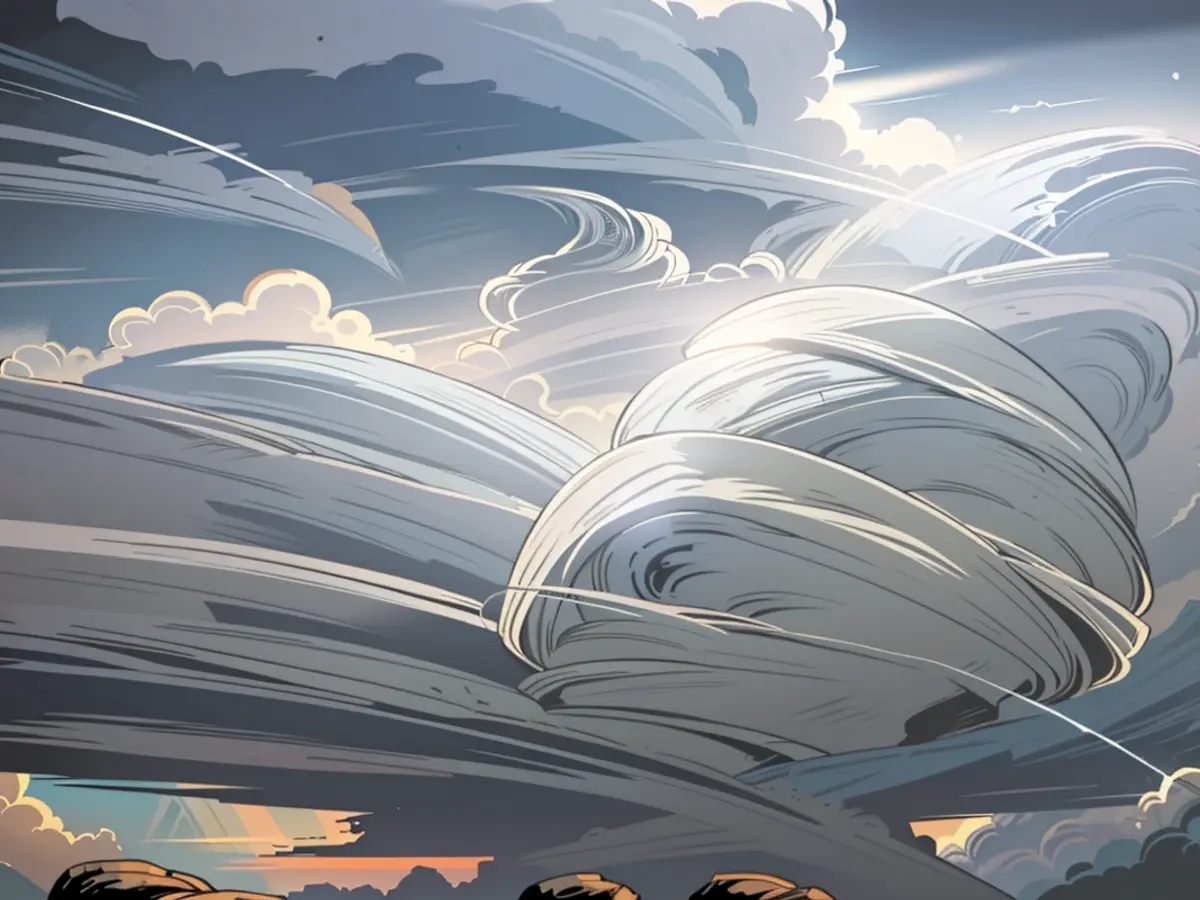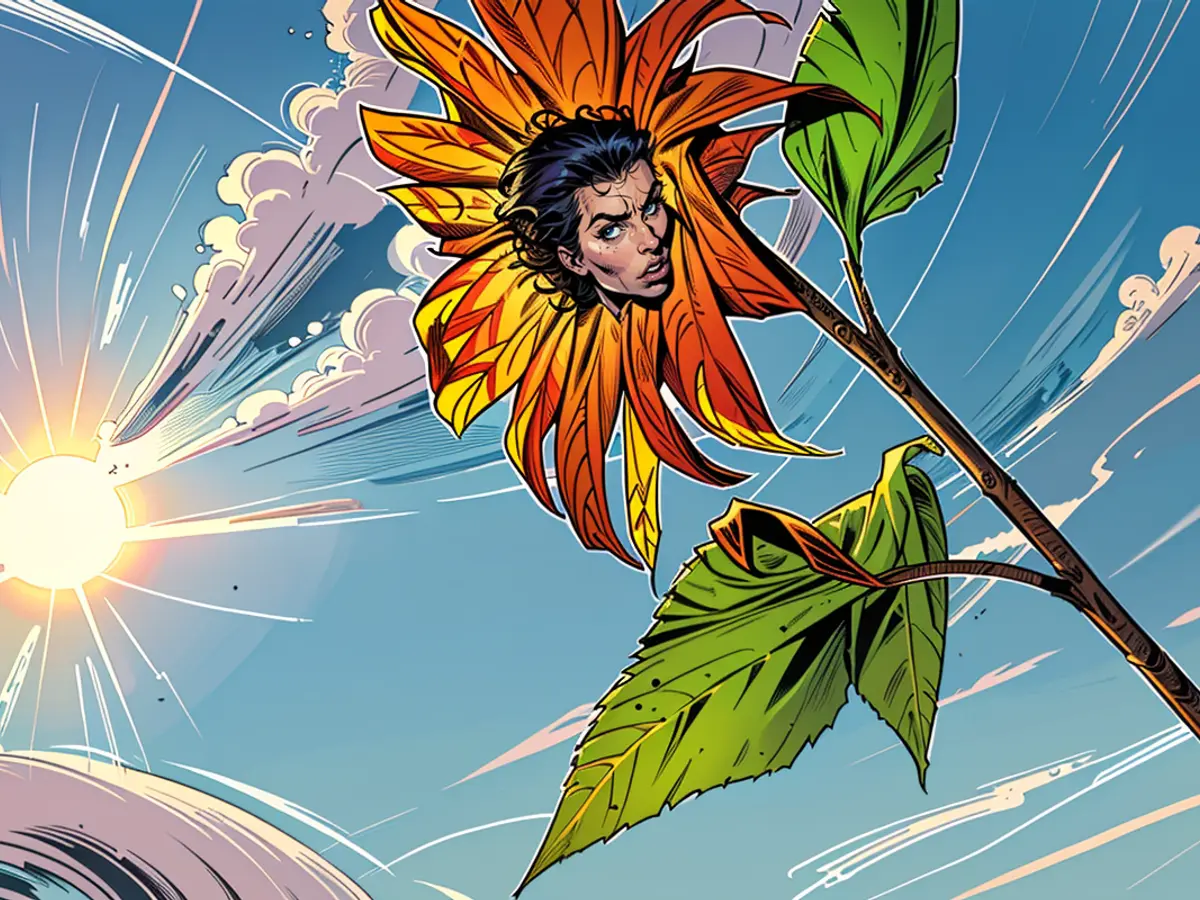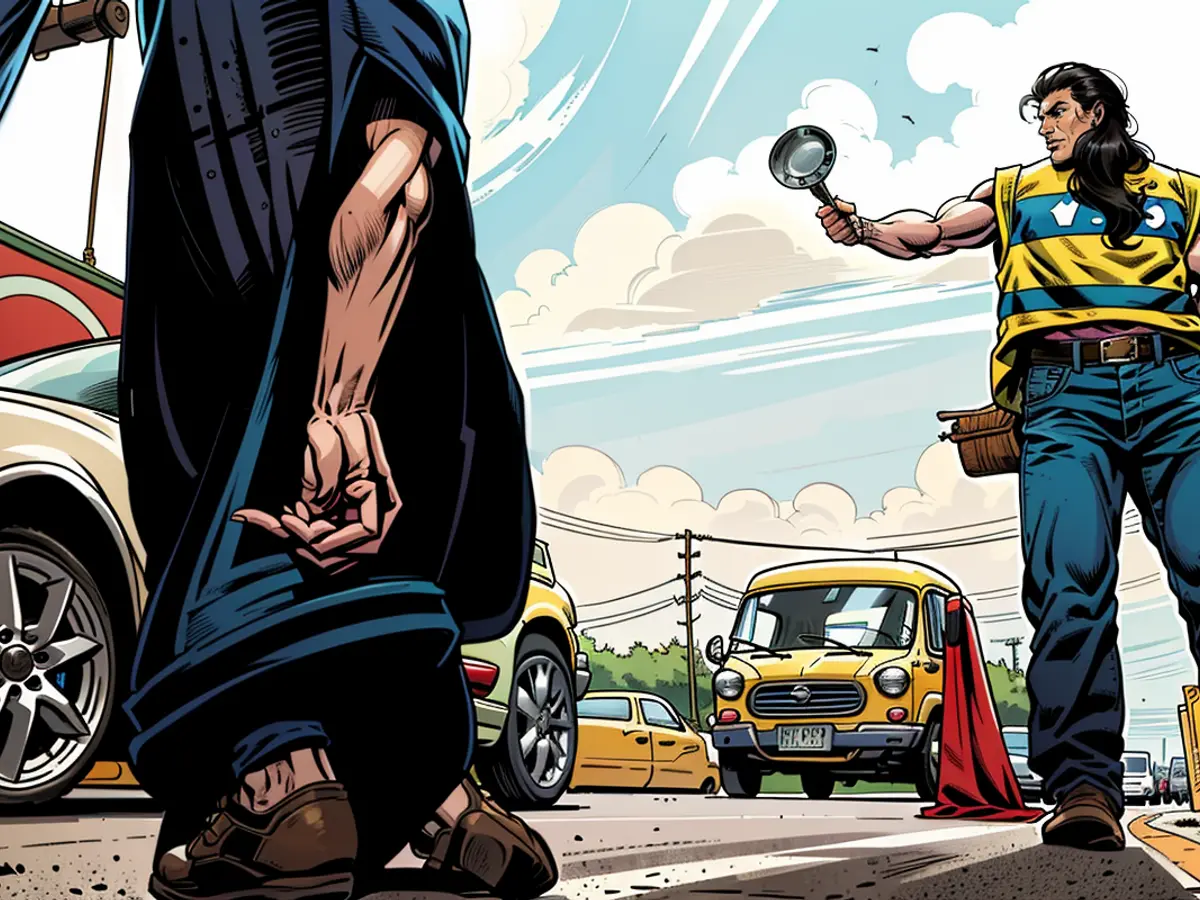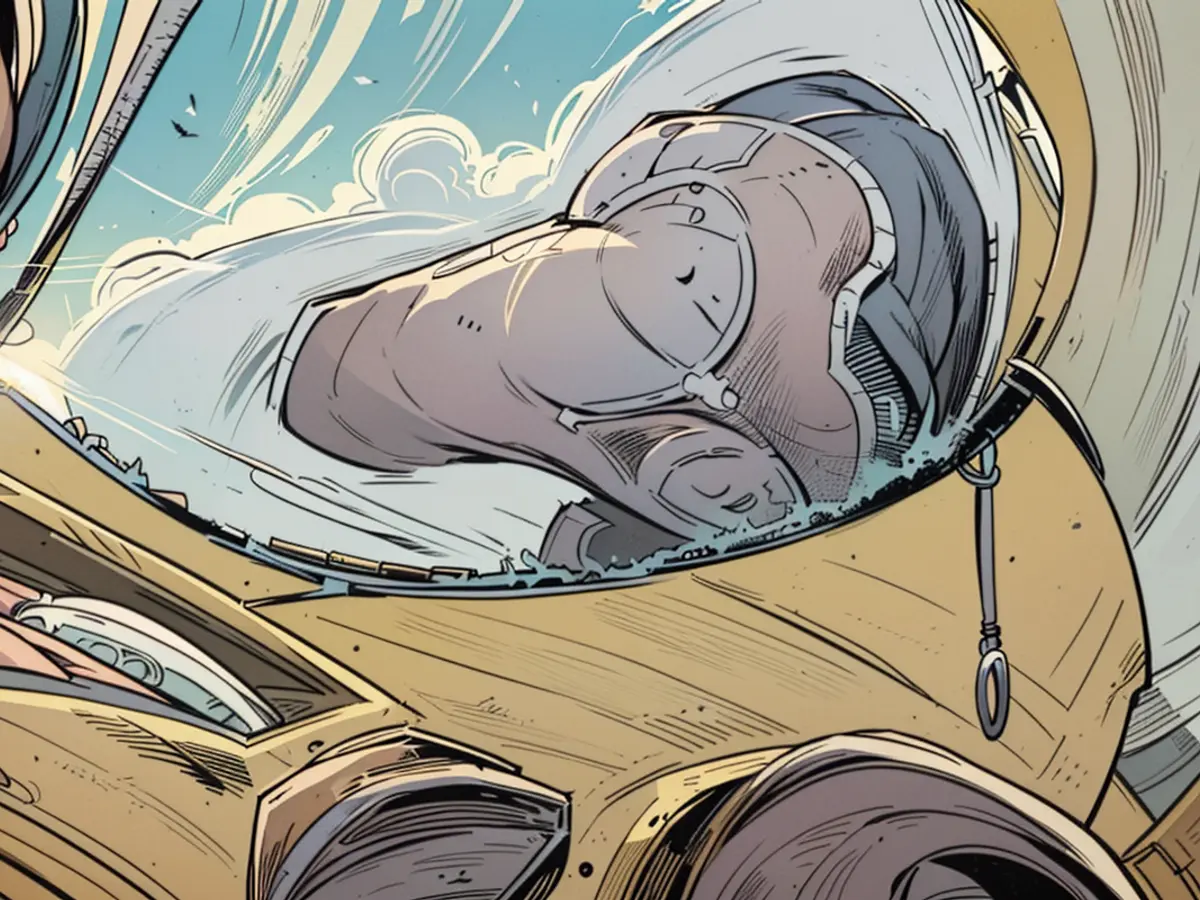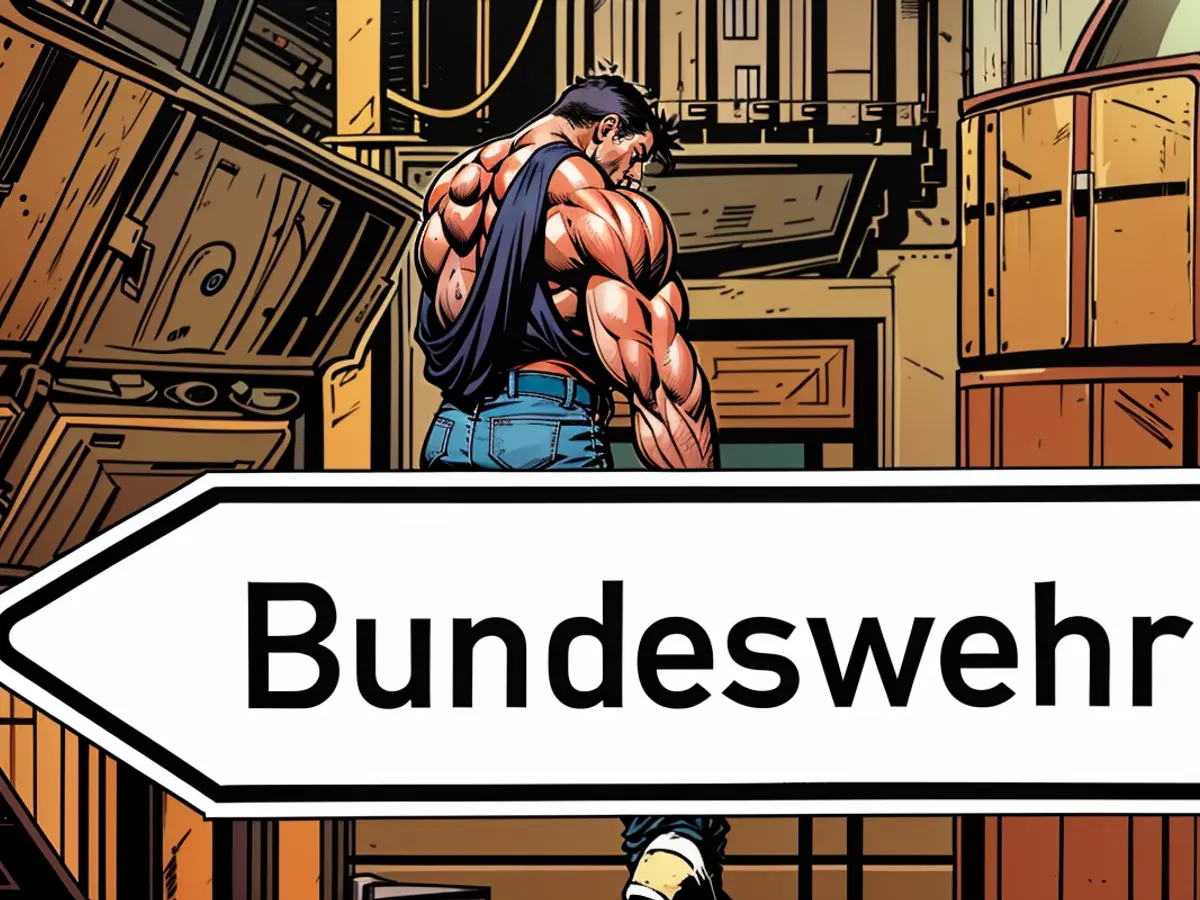- Northern ideological uprising: "Fury from the north"
The vast, sprawling Lüneburg Heath spreads before you. Time here is flexible, bent to the will of its inhabitants. Living in the rural area sandwiched between Hamburg and Hannover is a leisurely experience, punctuated by the rhythms of agriculture and the passing of seasons. Historically, the area's barren, herbaceous terrain made it an ideal pasture for livestock, which is why it's often depicted in art and literature as dark, rustic, and filled with a certain mystique.
This is the setting for the new book by Lower Saxon author Markus Thielemann. In "From the North, Thunder Rolls," the 19-year-old shepherd Jannes Kohlmeyer becomes the protagonist of Thielemann's intricately woven novel, which has been shortlisted for the German Book Prize. Jannes is alreadyshouldering much of the responsibility for his father's farm, whose dementia is increasingly apparent. While his peers are still figuring out their identities, Jannes' future is already setald – a pastoral idyll and backbreaking labor.
The novel exalts solitude
"From the north, thunder rolls and fades. No flicker of lightning," the novel begins. "The animals don't flinch, nor does the shepherd. He doesn't even look up, just keeps trudging along."
The novel espouses solitude and deliberateness from the very start. The text's calmness can be almost suffocating. Time and again, the plot is halted by detailed descriptions like this: "On the hayloft, knotweed grows between the beams, its green tendrils reaching for the light that filters through the tiny, slanted windows and cracks. From outside, the roof appears to sag, almost touching Jannes' forehead on the long sides, and where it meets the shadow of the two ancient courtyard oak trees, the shingles and joins are thick with moss."
A testament to deliberate pacing
Thunder and storms loom over the novel from the outset, serving as metaphors. However, the real issue remains an elusive phantom: the wolf. Although it's never actually seen in the novel, it fuels a contentious political issue, dividing the spirits of local farmers. Most fervently, Jannes' grandfather wants to eliminate the animal. In his quest to do so, the old man becomes ensnared in the arms of neo-Nazi extremists.
Thielemann grants his characters, animals, and objects ample space. The novel is a masterclass in deliberate pacing and an intriguing exploration of the Heath's dark yet romantic folklore that isn't afraid to explore the twisted foster ideology of the blood-and-soil newcomers.
Publisher of "From the North, Thunder Rolls"
The European Union has expressed concern over the rising polarization in rural communities shown in Markus Thielemann's novel "From the North, Thunder Rolls." Despite not being directly mentioned, the novel's portrayal of neo-Nazi extremism in the context of a contentious wildlife issue has sparked interest in discussions about the preservation of cultural heritage and the impact of radical ideologies in modern society.
The publication of "From the North, Thunder Rolls" has garnered international acclaim, with translations in multiple languages, solidifying Thielemann's position as a prominent German author with a global audience within the European literary community.
